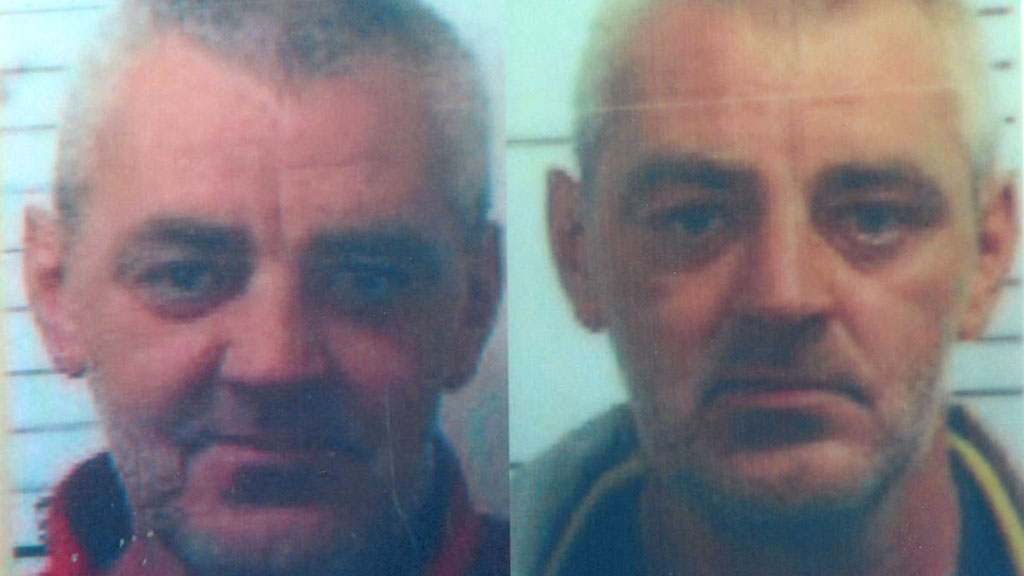Homeless man crushed to death in Dublin bin
The body of Henryk Piotrowski, who had been sleeping unnoticed in an industrial bin, was found at a Dublin recycling plant.

The crushed body of Henryk Piotrowski, 43, was discovered in a collection truck by staff at Ballymount recycling centre on 23 August.
Gardai in Dublin have contacted his family in Poland and are now appealing for information about his whereabouts before he died.
It is believed that he died when the contents of the bin he was sleeping in were crushed at the recycling plant. The bin was one of 55 collected from Dublin city centre the night before, 30 of which were the larger 1,100 litre capacity bins.
Piotrowski is believed to have been spotted in the Dame Street area of Dublin between 7pm and 10pm on the Thursday night before his body was found, and police said there were also sightings on the South Quays in the early hours of Friday morning.
The death has raised concerns over the conditions for homeless immigrants in Ireland, who are often not entitled to social welfare payments, and are reliant on emergency on-the-day homeless shelters.
Poles in Ireland
The Polish community is the largest minority in the Republic of Ireland, making up over 120,000 of the population according the most recent 2011 census, as well as up to 30,000 in Northern Ireland.
Those who knew him said that Piotrowski had come to Ireland a few years ago, leaving behind friends and family. But poor job prospects and a struggle with alcoholism forced him into homelessness, staff at Dublin’s homeless charity, Trust, told the Irish Times.
“He was a very pleasant, very nice man,” said Gerri McAuliffe of Trust.
“Henryk would come here about three times a week, usually with a couple of other men from Poland… He would have a cup of tea or coffee, get a change of clothes.”
Piotrowski was reportedly staying at Frederick Hall, a homeless hostel for eastern EU migrants, but had received notice to leave after it was decided that the hostel would instead be used as an emergency one-night facility.
-
Latest news
-
Taylor Swift’s new break-up album breaks records3m

-
NHS trust fined £200K for failings that led to death of two mental health patients3m

-
Sunak vows to end UK ‘sick note culture’ with benefit reform3m

-
‘Loose talk about using nuclear weapons is irresponsible and unacceptable’, says head of UN’s nuclear watchdog3m

-
‘There wasn’t an Israeli attack on Iran,’ says former adviser to Iran’s nuclear negotiations team7m

-




